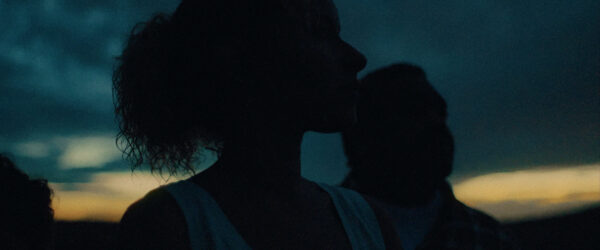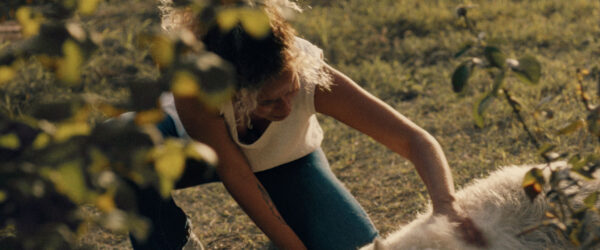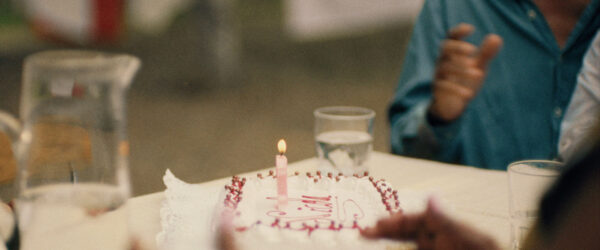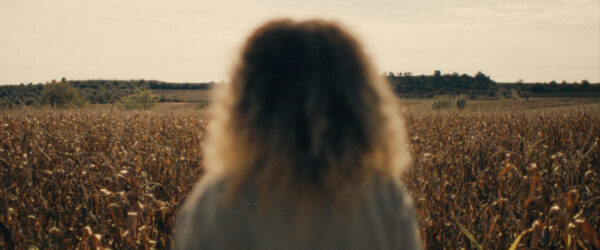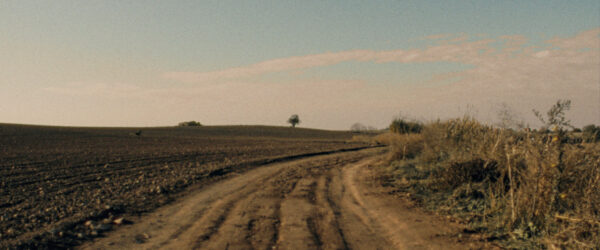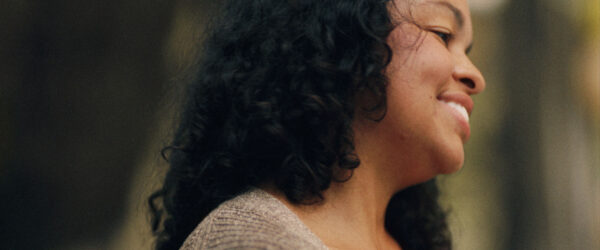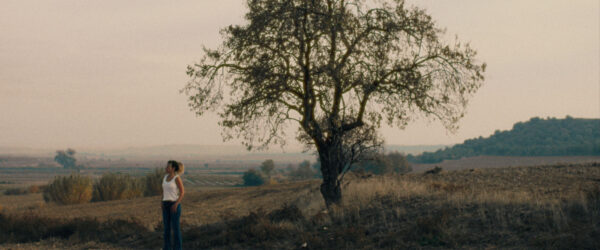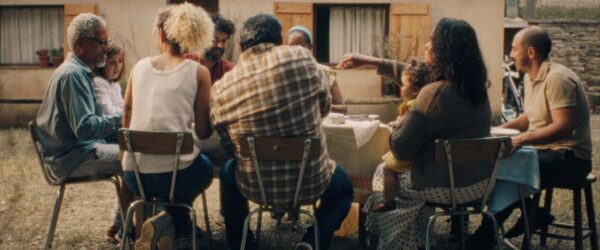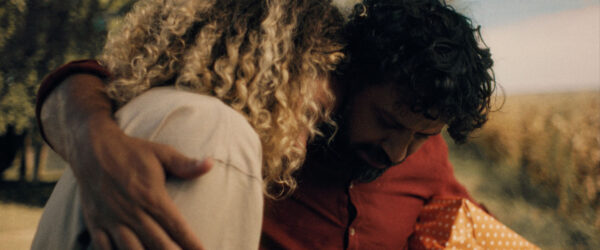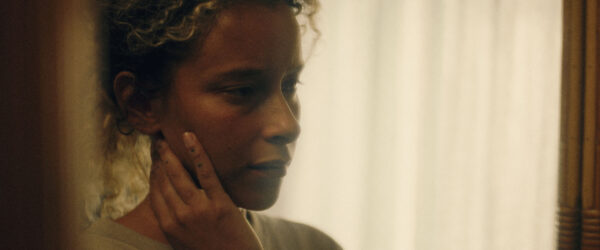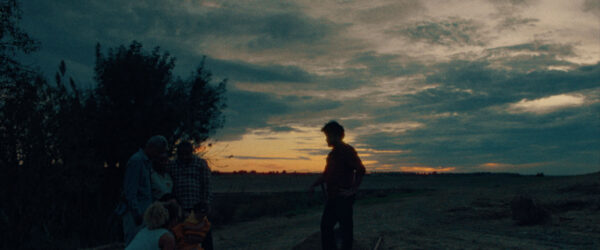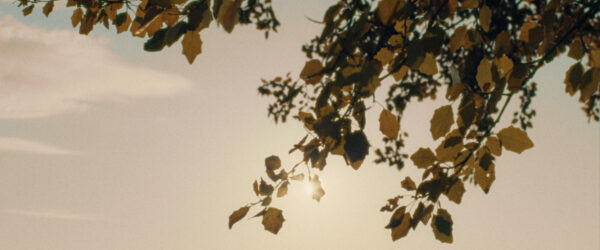Behind the Scenes
Life & Death: The Story Behind ‘Lobo’
Life goes on and change is inevitable. Eventually, that hard truth confronts us all, often in ways both jarring and unexpected. But sometimes, the collision of “then” and “now” or “life” and “death” can create beautiful moments of healing and growth despite the pain.
Written and directed by Charlie Reader, Lobo is an exploration of life, death and identity that follows the story of Aline – a young woman recently deported from the UK and forced back to the drought-ridden plains of her homeland. Faced with uncertainty about her future, family tensions amid a worrying drought, and the ailing health of her beloved dog, she must find a way to re-anchor herself to the home she left behind.
We had the opportunity to talk with Charlie about the origins of the film and his experience bringing the story to life:
”"It was such a raw, authentic moment -
Charlie Reader
I couldn’t take my eyes off the monitor.
We just kept rolling and let it play out."

Filmsupply: What inspired you to create “Lobo”?
Whilst Lobo is fiction, it’s based conceptually on the experience of my wife. Having faced visa issues in the UK, she was forced to leave the country and return home to Brazil after many years away.
I was interested in creating a story about what that could feel like – having to re-discover your place within your family, a culture, and a place after so much time away. I wanted to explore the transition of going from one life you know into another life that feels much more uncertain.
Lobo is also an extension of the feature film we’ve written around the same protagonist, Aline. This short film takes a different perspective, but it’s the same story world.
Are there any other Directors or films you studied as you prepared for this project?
Key inspirations were Milk of Sorrow by Claudia Llosa, Too Late to Die Young by Dominga Sotomayor Castillo, and Verano 1993 by Carla Simón. I love these films and the way they not only depict rural worlds and the families within those worlds, but the sense of being the outsider or “separate from”.
On the more pretentious-sounding side (forgive me!), I went to transcendental / contemplative-style cinema with the discourse of Paul Shrader and films like Tokyo Story by Yasujirō Ozu and Uncle Boonmee Who Can Recall His Past Lives by Apitchatpong Weerasethakul.
Lobo isn’t a strictly transcendental-style film by any means, but I wanted to take some cues from the approach – the space given to characters, observational perspective, longer shots, and the link between people and nature. I felt that approach would help the audience feel immersed in the family’s life but with an aesthetic subtext of detachment that links the audience perspective to that of Aline’s.
On the other, less pretentious-sounding side of the spectrum, I’m digging into White Fang, Marley and Me, and Hachi: a Dog’s Tale! Oh, and shout out to White God by Kornél Mundruczó and an amazing documentary called Stray by Elizabeth Lo.
What is the most important thing you learned along the way?
There were many lessons along the way. The overarching takeaway for me, though, is to honour process over result.
Filmmaking is hard, but we do it anyway, and not because someone told us to. In the least bullshit-noble way possible, filmmaking is a self-inflicted creative expression that we undertake for no other reason than we feel compelled to. In the face of challenges, I learned that if we focus too much on a projected outcome, we can rob ourselves of the fulfilment that comes from observing the process.
I had to become more mentally flexible and foster more resilience and adaptability. I had to learn to stop seeing setbacks as defeats, but as opportunities for growth. This was a shift in perspective that I now try to carry into all aspects of life.
Did you face any creative challenges during the development of the film? If so, how did you overcome them?
A creative challenge I set for myself in the writing phase was to say as much as possible whilst saying as little as possible. It was important that we know what Aline has left behind, but I otherwise tried to minimize expositional dialogue and use subtle visual moments and symbolism to convey information where possible. This was partly influenced by the transcendental-style research but also the fact that Lobo is a Portuguese language film and I don’t speak Portuguese. I guess it was a way of maintaining control, as well!
I also wanted real people to tell this story – Brazilians who had experienced similar issues in their lives and could connect authentically with the material. Our challenge was to find the perfect combination of natural talent, chemistry, age, and similar looks in order to create a believable family unit. Thanks to the work of our talented casting director, Berta Galvany, we pulled it off. Working with non-actors required a different, refreshing approach, but I have to say that they all took to it so well. It was such a positive experience working with them – we really created a close-knit family both on and off camera.
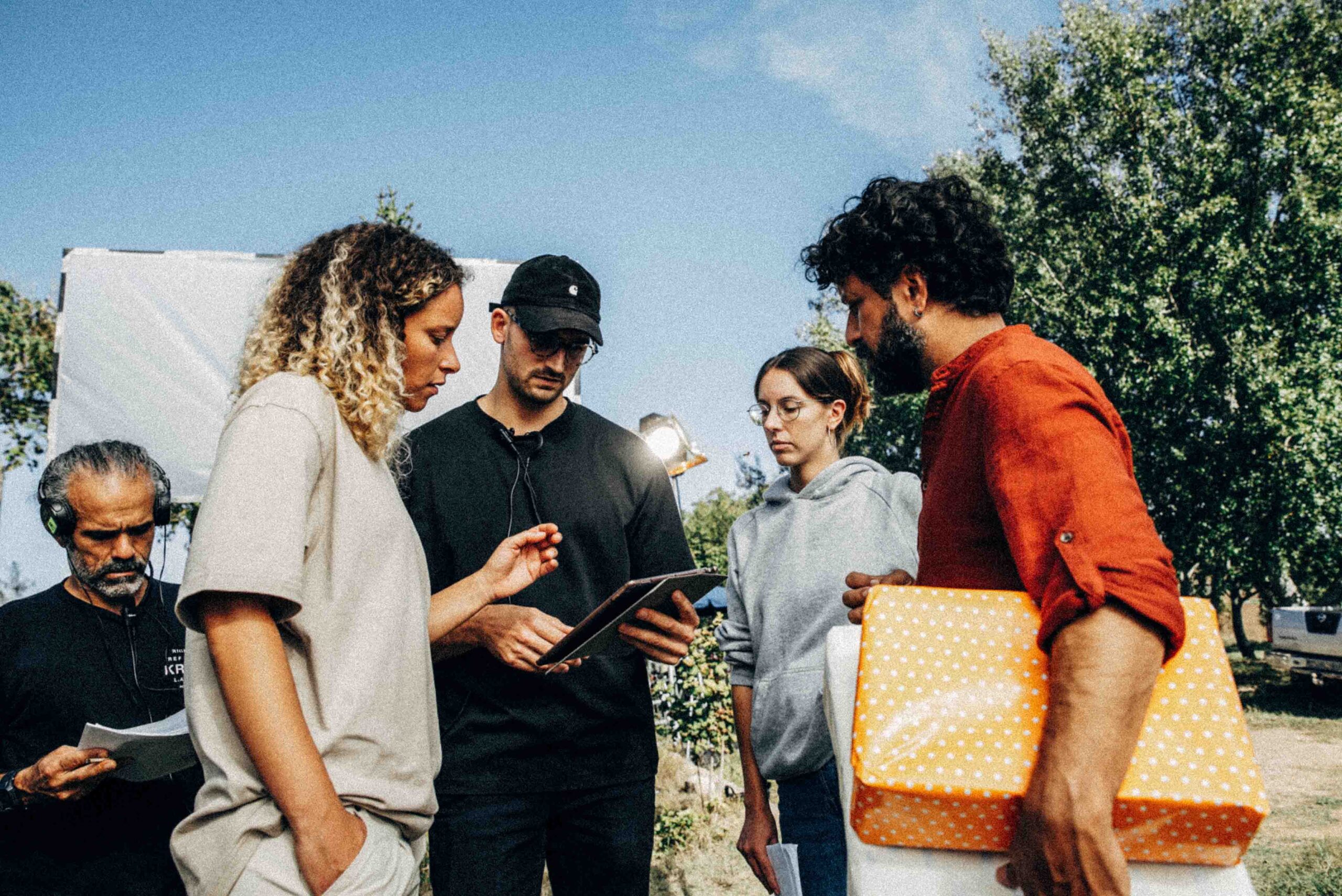
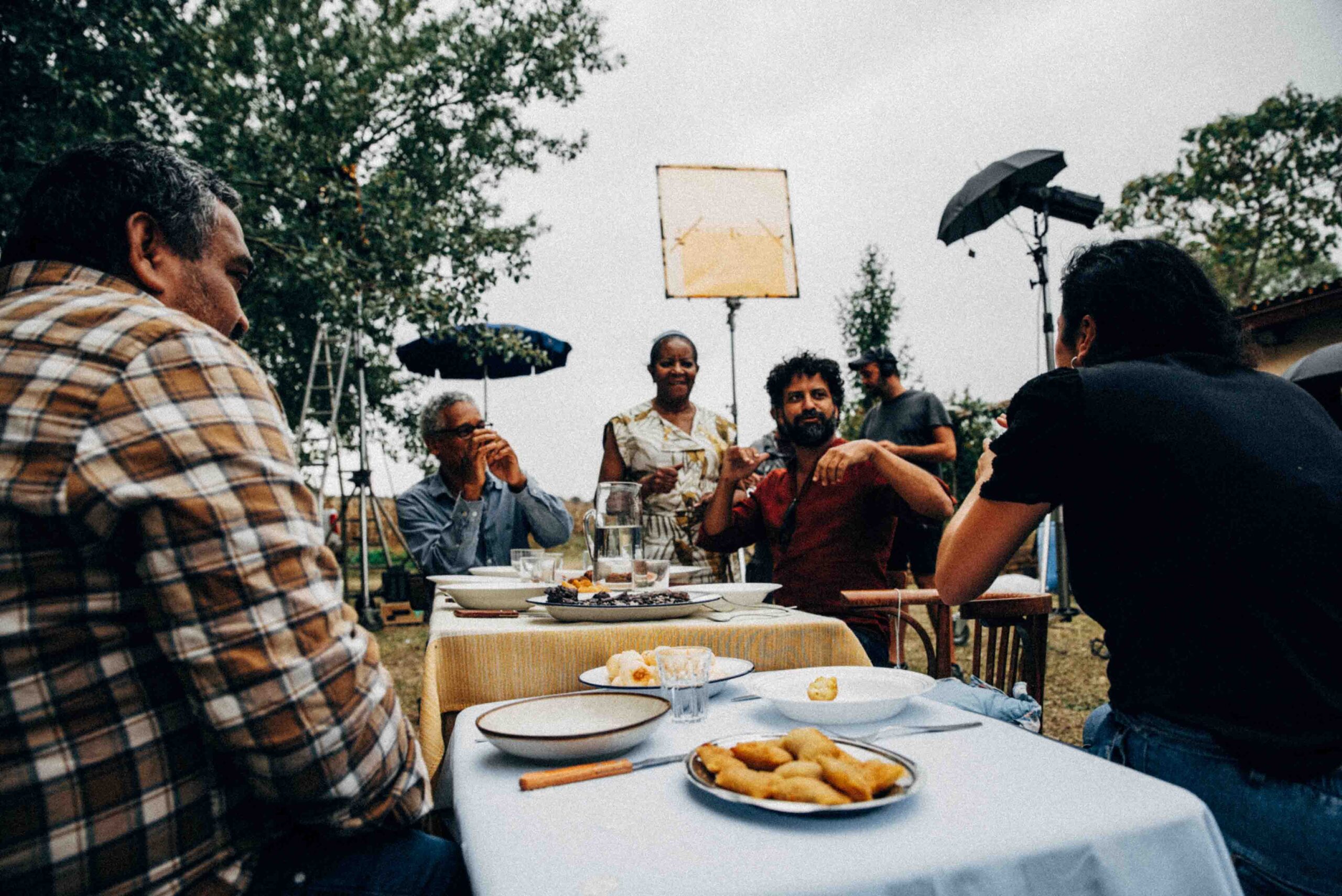
Were there any moments during shooting that stand out in your memory?
Yes! When Ela, who plays Aline, delivered a perfect, heart-wrenching performance for the scene in the back of the pick-up truck.
It was the penultimate scene we were shooting on our last day, and we were losing daylight that we needed for the final scene. We had to move quickly, or we wouldn’t get the film. It was also a fairly technical shot – we had a moving vehicle, a dog that had to remain relaxed and still, Ela and crew in the back of the truck, and the emotional climax of the film was at stake.
The first two takes were challenging both on a technical and a performance level. There was a lot of pressure and rushing, which is never helpful. We had one more chance to get it right so Ela and I just took a moment to slow everything down. We talked about focusing on her breath, blocking out the noise, and finding that something deep inside that she could connect to.
We rolled on our last-chance take and I remember watching on the monitor as Aline’s emotion just swole into this stunning moment of release. Ela had accessed something deep within, and it all came flooding out.
It was such a raw, authentic moment – I couldn’t take my eyes off the monitor. We just kept rolling and let it play out. When we finally cut, we knew we had achieved an incredible climactic moment for the character. Some of the crew who were with Ela in the back of the van were even tearing up. It was beautiful. And we had time to shoot the final scene!
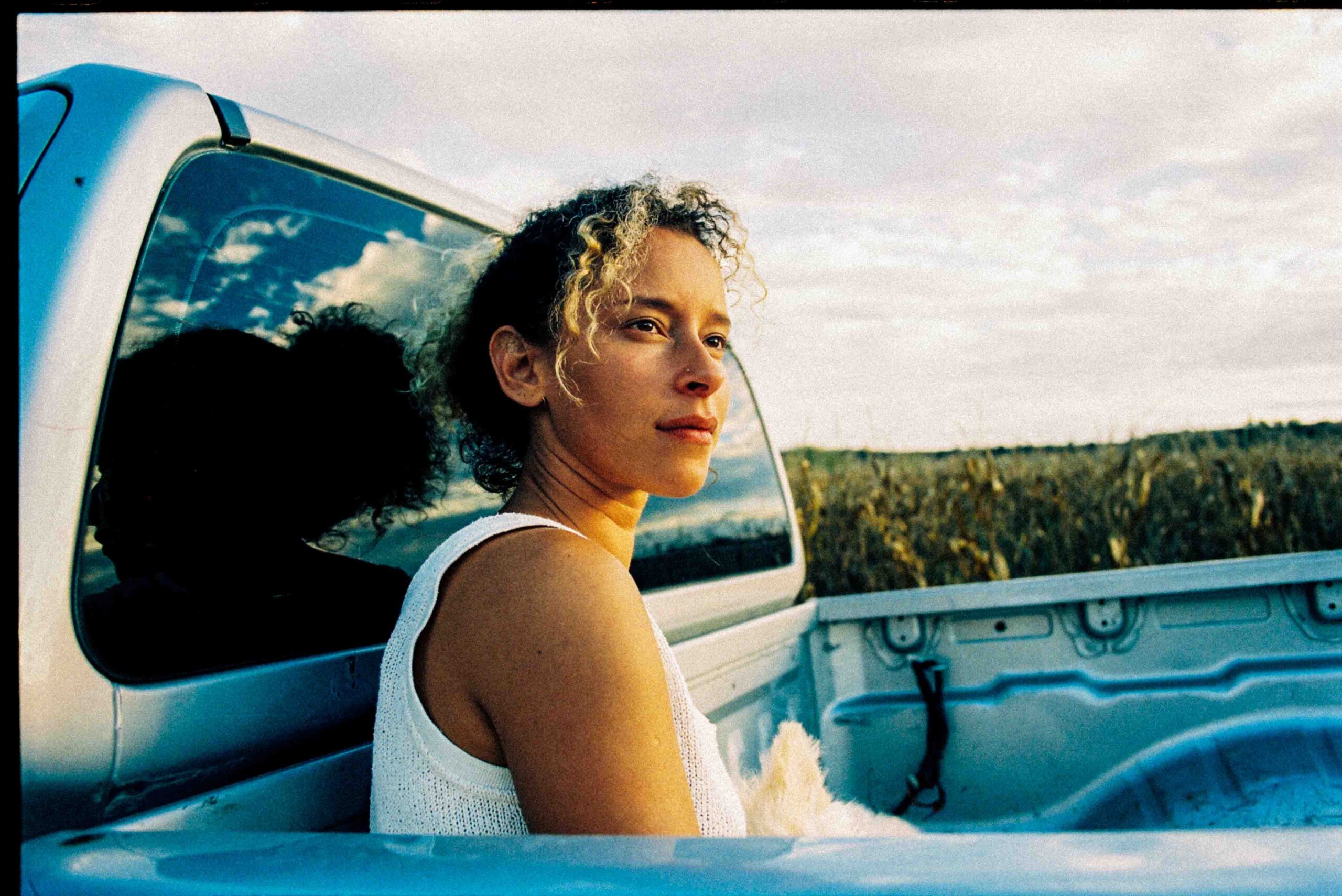
Did you encounter any surprises in the editing process that required a creative solution?
Of course. Challenges inevitably arise when shooting – you can’t always do everything the way you want, things change, shit happens, and then comes the edit. It’s a creative negotiation that required stepping back and reassessing the best way to tell the story. The process led to the conception of beautiful new ideas and moments that we achieved with pick-up shots and recording additional dialogue moments.
For example, we introduced the characters of Aline’s mother and partner through voice-notes / voicemails. This added more clarity and weight to the story of what Aline had left behind and created more empathy around her situation. It also enhanced our sense of her physical and emotional isolation. We also added in extra bits of off-camera dialogue to better serve the story and played with how much we do or do not show Lobo so that we better understand Lobo as a symbol and metaphor as much as Aline’s literal pet. These were creative decisions that perhaps only could have been made from the perspective of the edit and I’m very grateful for the invaluable contributions of Souza Haz and James (Amuse the butcher).
Sound design plays a huge role in the telling of this story. How did you approach that process?
On set, it was about taking as much time as possible to record “extra moments” – children laughing in the background, moments of off-camera dialogue and anything that could add texture to the world. However, we really built the sonic world in post with our incredible post-sound team led by Candela Palencia, Robbie Scott and Mike Tehrani.
It was really important to me that we felt the world around us through sound, and that it evolved as the film goes on – the barren dryness of the land into the nourishment it finally receives, the change from daytime into evening, and the activity of the wildlife at different times of day.
There is also a lot of off-screen action in the film: party preparations, background conversations, the birthday party itself. We were always thinking in detail about dualism: the story we see on camera vs the story we hear off camera, so that the world felt expansive and immersive, and that another part of the story was always being told through the sound.
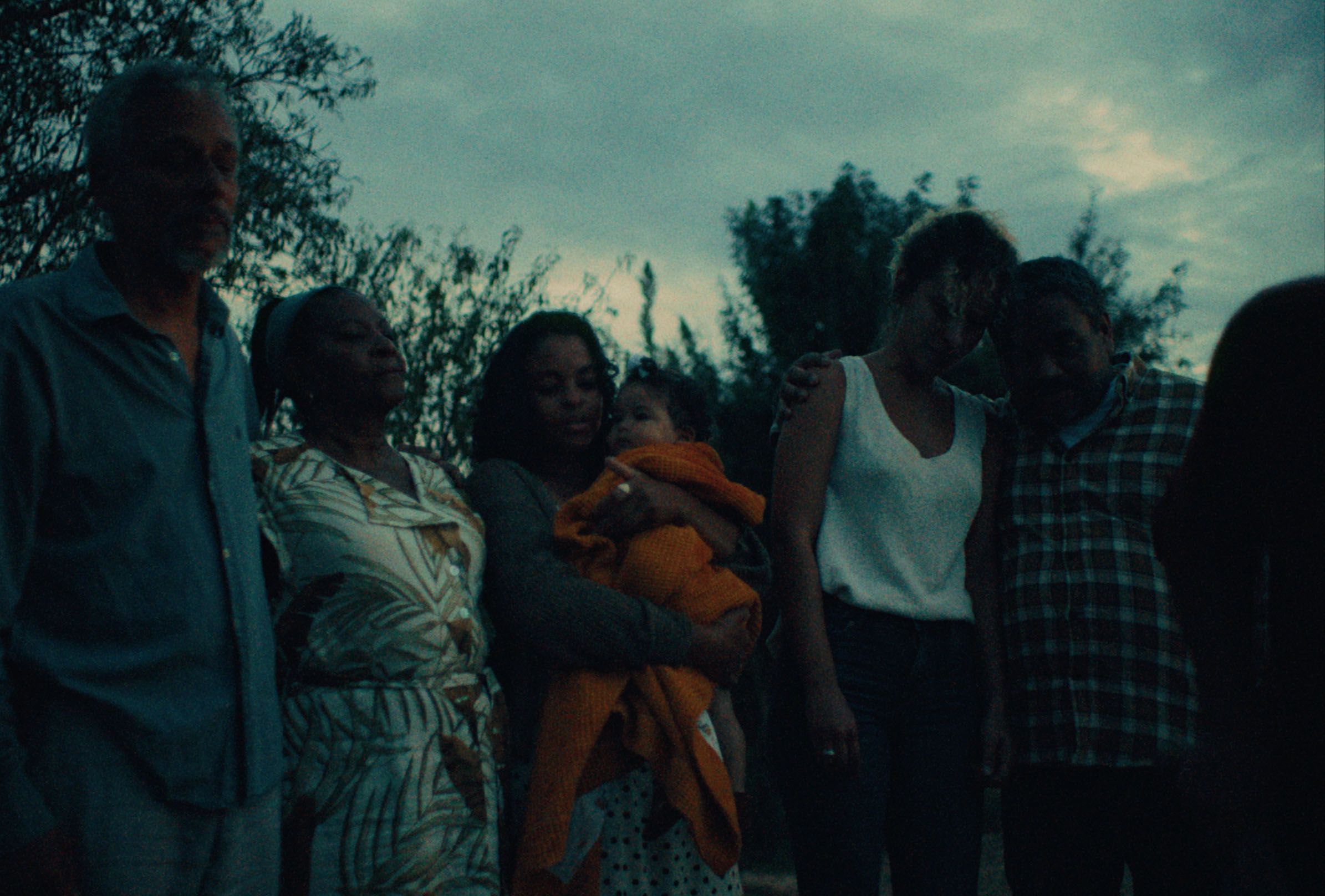

What do you hope to accomplish with this film?
We’ve received all sorts of generous feedback about the film, but there are two recurring things that, when I hear them, I appreciate more than anything else.
The first one is when somebody tells me they feel represented and seen – that Aline’s experience connected with them profoundly. That for some, Lobo feels like we’re also telling their story.
The second thing is when somebody says that they really cared for the family. That, despite being dropped into a small slice of the family’s world for just sixteen minutes, they really connected with them and the story.
I guess that’s what I hope to accomplish – representation, genuine connection, and empathy.

